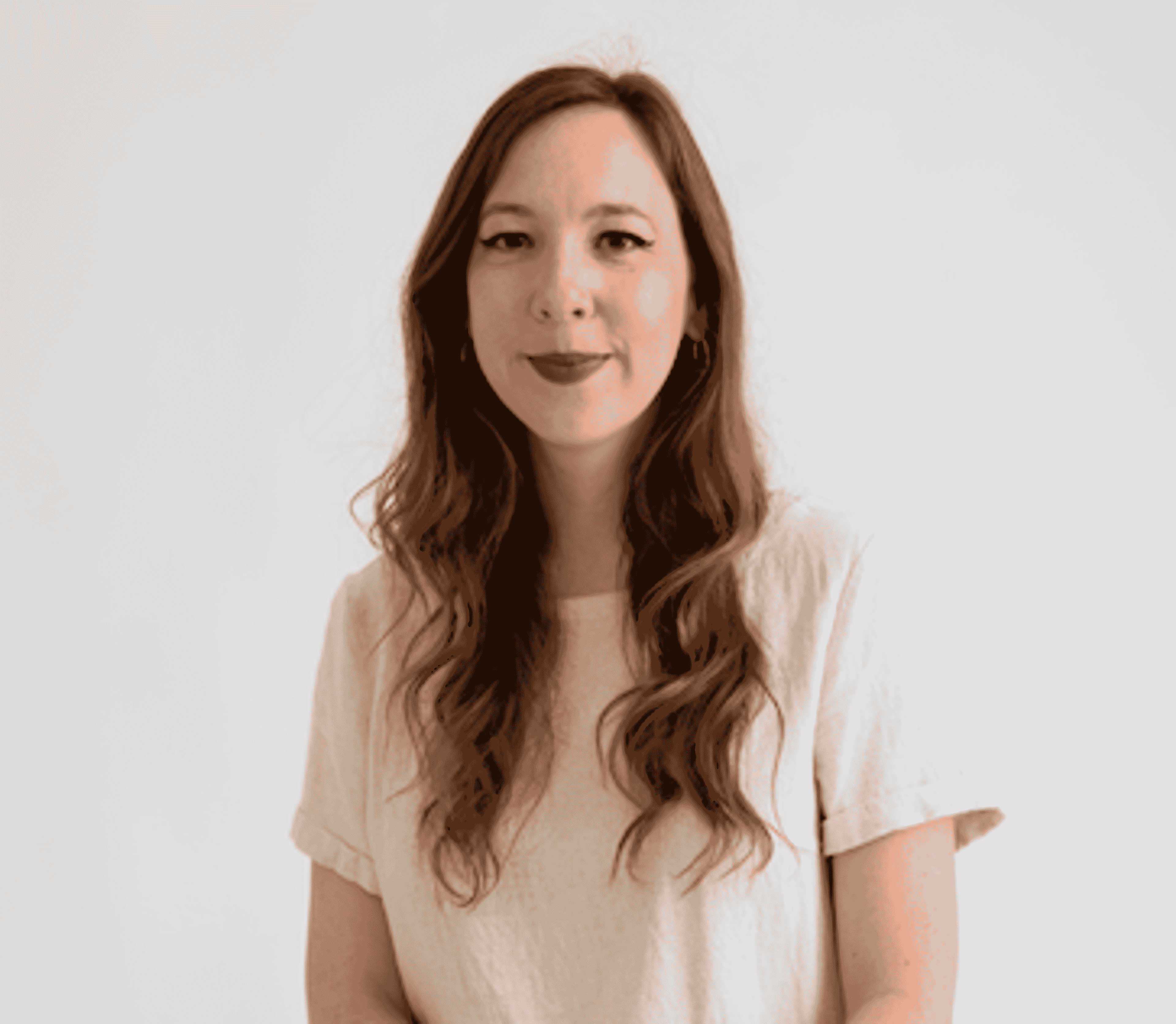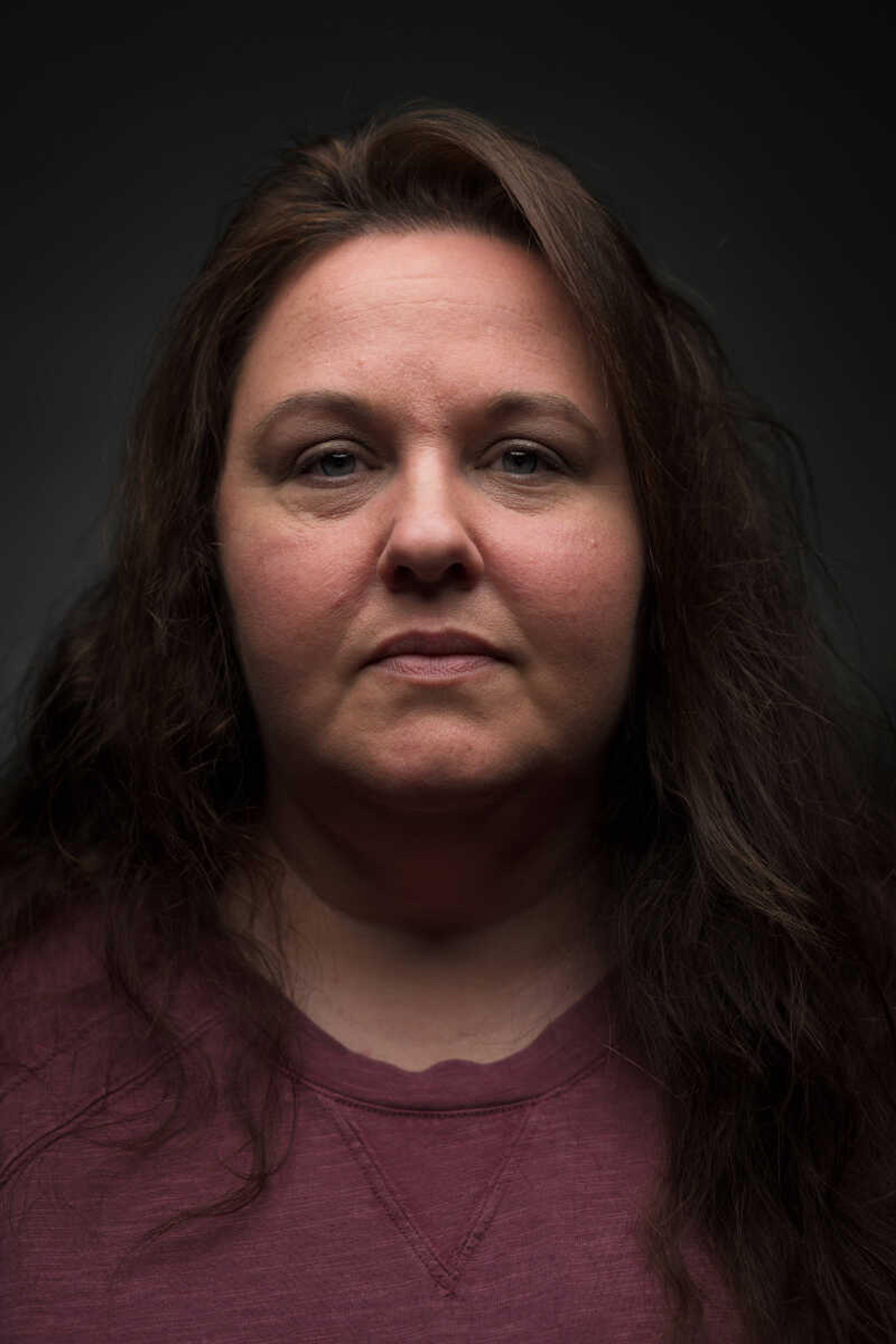Overcoming Breast Cancer to Start a Bakery: Jodi Hollandsworth
During the spring of the year she was 32 years old, Jodi Hollandsworth began feeling a sensation in her left breast. Always very “in tune” with her body, she says she knew something was wrong. “I remember telling my husband, ‘I don't know what’s going on,’” Hollandsworth says. “The best way I can describe it to anybody was like somebody was flicking a lighter in there. It would be like a little zap, burn.”...
During the spring of the year she was 32 years old, Jodi Hollandsworth began feeling a sensation in her left breast. Always very “in tune” with her body, she says she knew something was wrong.
“I remember telling my husband, ‘I don't know what’s going on,’” Hollandsworth says. “The best way I can describe it to anybody was like somebody was flicking a lighter in there. It would be like a little zap, burn.”
In addition to the lighter sensation, she constantly felt exhausted and had gained weight. When she told medical professionals about her symptoms, they said it was because she was a mother of four children and asked if she was eating more than she had before. But she knew those weren’t the answers.
Approximately two weeks later, she noticed dimpling on her breast when she raised her arm while fixing her hair. Her oldest daughter confirmed the spot, which Hollandsworth said looked like it was “sucking in.” Hollandsworth immediately scheduled an ultrasound.
Then, in June 2011, it was confirmed: Hollandsworth had breast cancer.
The cancer was so deep in the tissue that it had been undetectable through regular breast examinations. Her father had been adopted, so they hadn’t known about the history of breast cancer from his side of the family, which Hollandsworth found out about after doing genetic testing.
She says the next year was “a blur.” She had a bilateral mastectomy and immediate reconstructive surgery that June and then began 12 weeks of chemotherapy treatments in August. After that, she had six to seven weeks of radiation therapy.
Just three months before her breast cancer diagnosis, Hollandsworth had a partial hysterectomy due to complications from an endometrial ablation. Because she had inherited a mutated BRCA1 gene which carries an increased risk for breast and ovarian cancers, she went back after radiation to have her ovaries removed. This threw her into early menopause.
Hollandsworth says she struggled with tiredness a few days after each of her chemo treatments. She quit her job, so her family’s financial situation went from two incomes to one, and they weren’t eligible for financial assistance. She says day-to-day tasks like going to the grocery store were a challenge because she was exhausted and could buy only certain items to stick to their small budget.
During this time, her oldest daughter was in the seventh grade and her youngest son was in the second grade, with her middle children in-between. Hollandsworth says looking back, that was the hardest part of her battle with cancer: Knowing her daughter had to grow up quickly to help take care of the other children while Hollandsworth went through treatments and her husband worked.
Hollandsworth and her family moved to Alabama to be closer to family during this time in 2013, which meant she had different doctors from the ones who had treated her previously. Hollandsworth’s new surgeon couldn’t get her breast implant to look correct because the cancer had been so deep in her tissue, so he took part of Hollandsworth’s back muscle to move to her breast to build up where the cancer had been.
From this surgery, Hollandsworth developed a staph infection, pseudomonas aeruginosa infection, and a vancomycin-resistant enterococci (VRE) infection and was extremely sick. The doctor told her she didn’t have an infection, but with her medical background working in the Department of Surgery at MIZZOU’s University Hospital, where she did medical billing and credentialing for surgeons, and her work for a Durable Medical Equipment company, Hollandsworth knew she did. Through connections she had from her own medical training, she found another doctor who removed the left implant.
Her infectious disease doctor suggested Hollandsworth move to an assisted living facility, but Hollandsworth refused; she wanted and needed to be home to care for her children and felt too young to live in a care center. With her background medical knowledge, she convinced the doctors to let her go home to utilize home health.
After this, Hollandsworth had a wound vacuum and spent time in hyperbaric chambers. Then, she had a surgery to remove her right breast implant.
Because of the chemotherapy, Hollandsworth had also developed arthritis prior to the implant surgeries, as well as lymphedema in her left side. She had also developed an allergy to horses. After the removal of the implants, she found out she had broken her tailbone in three places, although she didn’t know when or how, only that she had lived with the pain for more than a year.
For nearly 10 years of her life, Hollandsworth was in and out of hospitals for surgeries related to complications from breast cancer.
“It was about a 10-year timeframe where that’s what we did, that was our life,” Hollandsworth says. “It’s exhausting. You get sick of going into the doctor’s office all the time. I felt like I lived there.”
While working for the DME company, she met a woman in her eighties who had gone through breast cancer and told Hollandsworth about prosthetics. Hollandsworth says this was the first time anyone had mentioned this option to her; she decided to get fitted, and she loved it.
Hollandsworth’s journey with medical procedures led her to her current career as a baker and business owner: During the downtime she had during recovery from medical procedures, Hollandsworth watched “Cupcake Wars” and other cake shows on television. Although she says she could always bake, she hadn’t always been good at decorating. She watched YouTube tutorials and consulted with her sister-in-law who decorated baked goods as a hobby.
Then, Hollandsworth made and decorated a cake for her daughter’s sixteenth birthday, complete with homemade fondant. She began making and decorating more baked goods for her kids, and her friends began to ask her to bake for them, too. Hollandsworth and her family moved back to Missouri in 2017, and in soon, the hobby took off and became The Baker’s Bar in 2020. In 2021, she opened a storefront in Jackson.
Hollandsworth is part of the club Icing Smiles, through which she makes birthday cakes for children from Southeast Missouri who are critically ill and their siblings. As a “sugar angel,” she also decorates cookies for children across the country who are living in hospitals in order to receive medical care. She says because she can’t imagine a child going through what she went through, it is her way of giving back and bringing joy to them.
Hollandsworth says when going through a difficult experience, it is important to remain positive.
“If I would've just focused on all of the negative … it can easily put you in a state of depression,” Hollandsworth says. “There were times when I had worse days than others, and I would really sit there in my mind and pep talk myself out of it. But I think being positive and just living one day at a time, just knowing tomorrow’s going to be a better day — you may not feel as bad — and just continuing to push through [is helpful], because there is so much. You’re here for a reason.”
Connect with the Southeast Missourian Newsroom:
For corrections to this story or other insights for the editor, click here. To submit a letter to the editor, click here. To learn about the Southeast Missourian’s AI Policy, click here.











